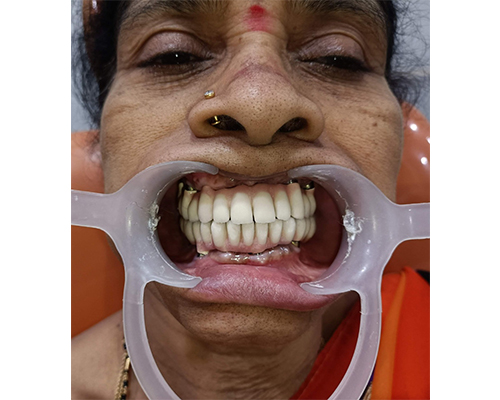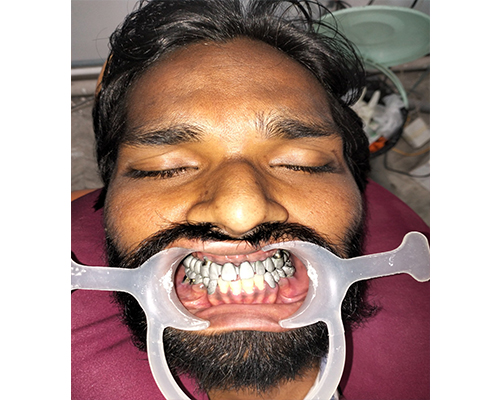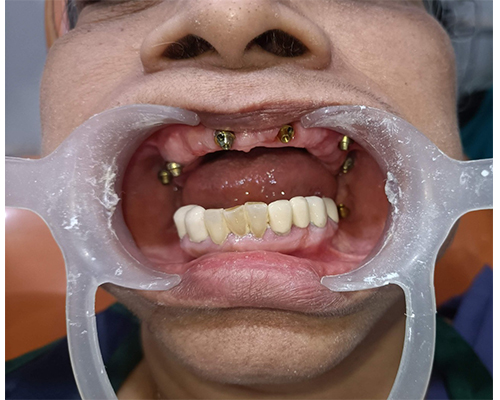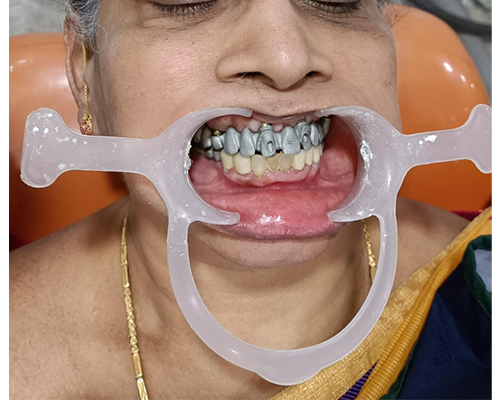Fixed teeth with dental implant systems, also known as implant-supported fixed dentures or full-arch dental implants, are an advanced and highly effective solution for replacing missing teeth. This innovative approach provides individuals with a stable, durable, and natural-looking set of teeth, greatly enhancing their ability to speak, eat, and smile with confidence.
At the core of this system are dental implants, which are small titanium posts that are surgically placed into the jawbone. These implants act as artificial tooth roots, mimicking the natural structure of teeth. The biocompatible titanium material used in dental implants allows for excellent integration with the surrounding bone, ensuring a strong and stable foundation for the replacement teeth.








